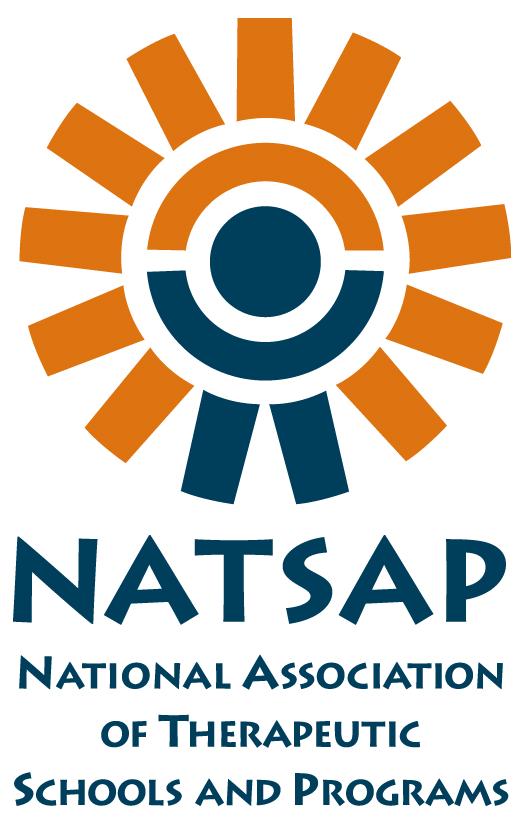Your Child needs you to Parent…
…especially if your teenager is already going down the wrong path. A warm relationship is ideal, but sometimes you must do things your child won’t be happy with. Dr. Phil McGraw said “Remember: you’re a parent, not a pal. Your responsibility is to ensure the well-being and safety of your child. Intervening in a dangerous situation (like ones involving drugs, abuse or truancy) might make your child dislike you, but it will also save his or her life. Don’t “go along just to get along;” do what’s best for your child.”
It’s important to remember, You’re the Parent. Teenagers many friends who will tell them what they want to hear. They don’t need you to be another friend. They need you to be an authority figure who lets them know where the boundaries for acceptable behavior are. Trying to be their buddy or friend will only undermine your authority as a parent and come back to hurt you and the family.
Do not let this behavior go unchecked. As tempting as it might be to keep the peace in your home by allowing “little” behavior problems go, they will only get bigger… Dr. Phil warns, “because they get bigger, they get stronger, they get more rebellious.”
When your Son is self destructing, you must act. teenagers, particularly students that are having these issues need consistency in their life. Triumph Youth Services/Academy is a treatment facility and school for young men that has been in business for over 14 years. We have the knowledge, experience and faculty to offer this consistency. Treatment can be a team effort. We not only work with your Son we can also work with Parents and the rest of the family when needed. Most importantly we believe that it is NEVER too late to start recovery.
If your Son/Grandson has any of the issues listed below feel free to give us a call. You will be able to talk with someone that can help your Family get back on track.

• Defiance
• Oppositional Defiant Disorder (ODD)
• Emotional Disturbance
• Addiction/Substance Abuse
• Low Self Esteem
• ADD/ADHD
• Falling Grades
• Depression
• Negative Peers
• Making Poor Choices
• Entitlement
• Manipulation
• Abuse
• Obsessive Compulsive Disorder (OCD)
• Conduct Disorder
• Running Away
• Reactive Attachment Disorder (RAD)
• Adoption Issues
• Learning Disabilities (IEP’s)
• Trouble with the Law
• Computer Addiction
http://www.drphil.com/articles/article/597








